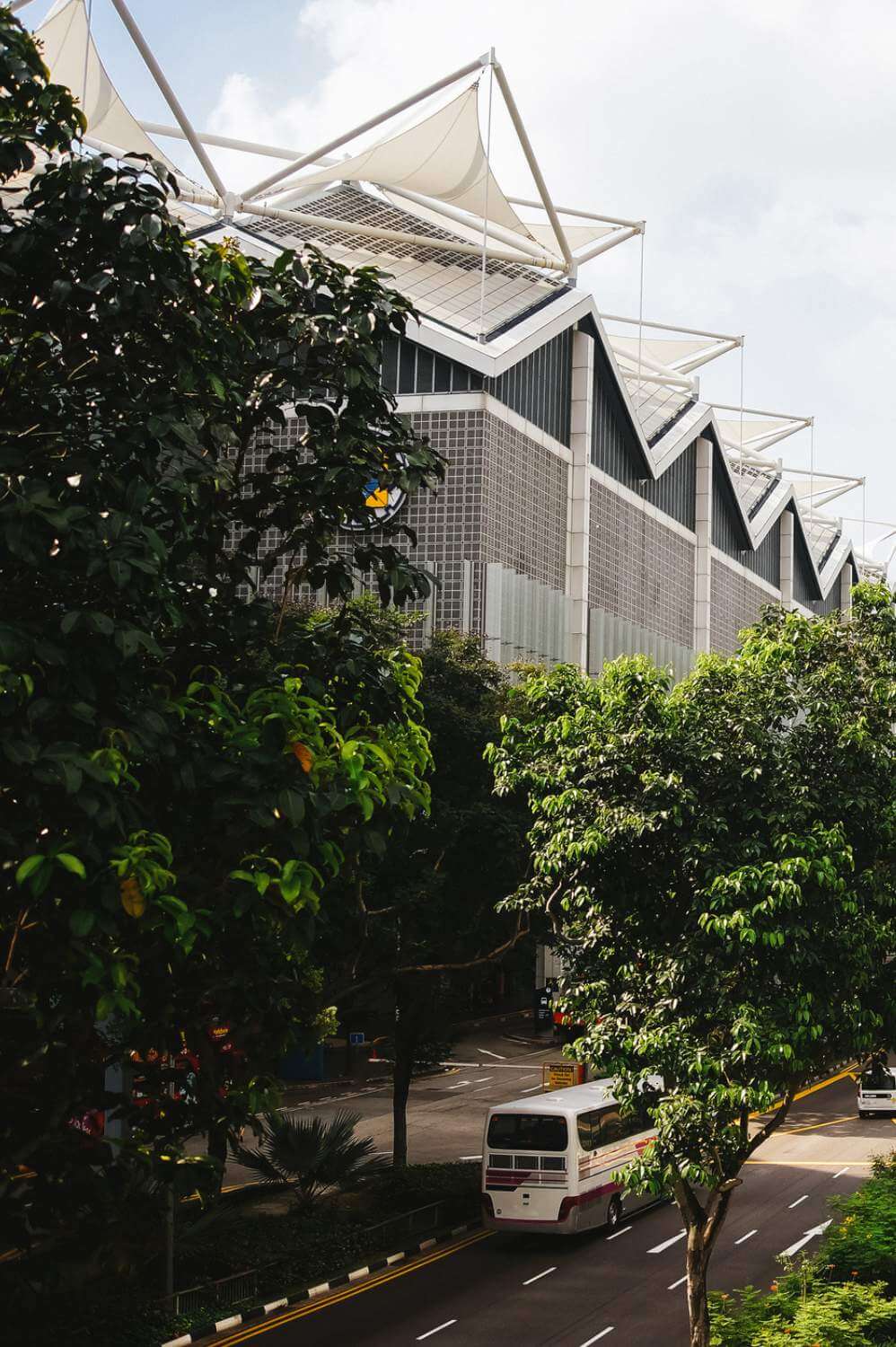The German Supply Chain Due Diligence Act (LkSG), entered into force in 2023, and the sustainability or compliance questionnaires that have been used for years on the basis of the internal requirements of large multinational companies are increasingly becoming a part of everyday life for suppliers. Under the evolving, supply chain due diligence will soon become an obligation also for large Hungarian companies.
Through this service, we support our clients in
- meeting business partner expectations at the highest possible level, and
- setting up their own supplier due diligence and risk management systems.
What is the LkSG, the German Supply Chain Due Diligence Act?
The new German law on corporate due diligence to prevent human rights violations in supply chains (Supply Chain Due Diligence Act, in German: Lieferkettensorgfaltspflichtengesetz– LkSG), imposes extensive new obligations on companies with regard to human rights and environmental risks. The LkSG applies to companies with more than 3,000 employees in Germany from 1 January 2023 and will apply to companies with over 1,000 employees in Germany from 1 January 2024. Its effect has already reached, in the form of due diligence questionnaires, also the Hungarian companies supplying the German market.
To comply, companies will have to implement comprehensive due diligence measures with respect to themselves and their suppliers:
- implementing a human rights risk management system (LkSG, Section 4, para. 1);
- establishing an in-house body responsible for the protection of human rights ();
- carrying out human rights risk analyses (LkSG, Section 5);
- making a declaration of basic principles for the protection of human rights in business (LkSG, Section 6, para. 2);
- implementing preventive measures in the own business area (LkSG, Section 6, para. 1 and 3) and vis-à-vis direct suppliers (Section 6, para. 4);
- remedial action in the event of a human rights violation (LkSG, Section 7, para. 1-3);
- implementing a complaints procedure (LkSG, Section 8) with regard to the notification of human rights violations;
- implementing due diligence measures with regard to risks connected to indirect suppliers (LkSG, Section 9);
- implementing documentation (LkSG, Section 10, para. 1 ) and reporting (LkSG, Section 10, para. 2) measures connected to the fulfilment of mandatory due diligence obligations.
The LkSG provides for strict fines in the event of an infringement. The penalty against natural persons may be as high as EUR 800,000, while in case of companies, fines in excess of EUR 400 million and up to 2 percent of the average annual turnover can be imposed in certain cases. In terms of administrative offences, the company’s managers, but also, for example, the human rights or compliance officer, can be addressees of the fines.
What is the CSDDD?
The first draft of the Corporate Sustainability Due Diligence Directive (CSDDD) was published in February 2022, with the aim of providing a rigorous framework for companies to assess and mitigate the environmental and human rights risks associated with their activities.
The CSDDD requires companies to conduct due diligence in their own businesses and “value chains” to prevent or minimise human rights or certain environmental risks and to eliminate human rights or certain environmental violations.
The CSDDD sets out a number of measures to ensure that the company complies with its due diligence obligations:
- undertaking appropriate risk management by integrating due diligence into its policies;
- conducting risk analyses to identify actual or potential adverse impacts;
- preventing and mitigating potential adverse effects and eliminating and/or minimising actual adverse effects;
- establishing and maintaining a complaints procedure;
- monitoring the effectiveness of due diligence policies and measures;
- public disclosure of the due diligence report.
The term “value chain” encompasses more than simply the “supply chain”– it includes those involved in the development, use and disposal of a product or service, as well as the company’s upstream and downstream “established business relationships”, i.e. supplier relationships that are expected to be long-lasting.
More generally, the CSDDD also requires Member States to ensure that the companies concerned adopt a plan to ensure that the business model and strategy of any such company is compatible with the transition to a sustainable economy, and accordingly with the goal of limiting global warming to 1.5°C. As the CSDDD does not set out specific requirements for the plan, further legal developments in all Member States will need to be closely monitored.
What can be done to prepare?
Both CSRD and CSDDD compliance require cooperation with suppliers, the collection and processing of data, as well as risk management. These are challenges that an organisation used to classic reporting is not prepared for, but by updating processes in a timely manner, with digitalisation (supplier sustainability due diligence system), and starting scheduled supplier due diligence, compliance can be ensured without compromising normal business operations.







